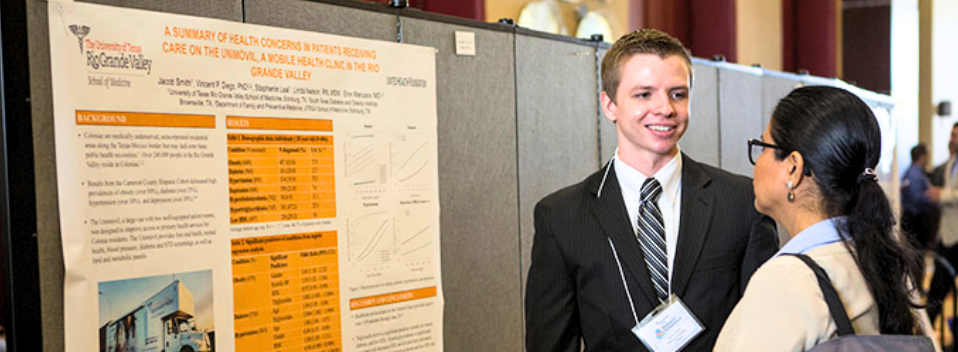MEDI 8127 Scholarly Activities Pre-Clerkship
Document Type
Article
Publication Date
2023
Abstract
Hepatocellular carcinoma (HCC) is the most frequent primary liver cancer with incidence increasing worldwide, with an incidence of 8.6 in the United States, and the highest incidence among sub-Saharan African and Asian populations. Pathogenesis of HCC involves the interplay of several components, with chronic liver disease, Hepatitis B or C infection, and cirrhosis being the greatest risk factors. Genomic and epigenetic alterations leading to HCC result in molecular heterogeneity and a further risk of drug-resistance against systemic treatments. HCC can be treated using potentially curative methods such as resection or liver transplant if detected in its early stages. However, early detection is challenging due to a lack of symptoms and specific biomarkers, and many cases are diagnosed later, when systemic treatment with sorafenib is the first-line option. The development of sorafenib resistant cancer cells is a major obstacle that shortens survival for many patients. YBX1 protein has been shown to be involved in drug resistance pathways in many cancers, especially breast cancer. Preliminary data verifies its role in sorafenib resistance in HCC. YBX1 has also been involved in is a gene involved in many DNA/RNA related events and its overexpression is related to the development of sorafenib resistance as well as increasing the HCC progression and metastasis.metastasis. This report analyzes YBX1 expression at mRNA and protein levels in HCC cell lines. Further studies will be performed to overexpress YBX1 in these cell lines and study the change in sorafenib IC50. shows the overexpression of YBX1 protein in HCC cell lines, validating the role of these cell lines in the study of HCC and sorafenib resistance.
Recommended Citation
Rahman, Irum and Tripathi, Manish, "YBX1 Expression in HCC Cell Lines to Verify Its Role in Sorafenib Resistance" (2023). MEDI 8127 Scholarly Activities Pre-Clerkship. 39.
https://scholarworks.utrgv.edu/som8127/39
Academic Level
medical student
Mentor/PI Department
Immunology and Microbiology


